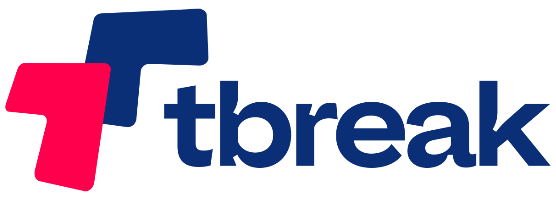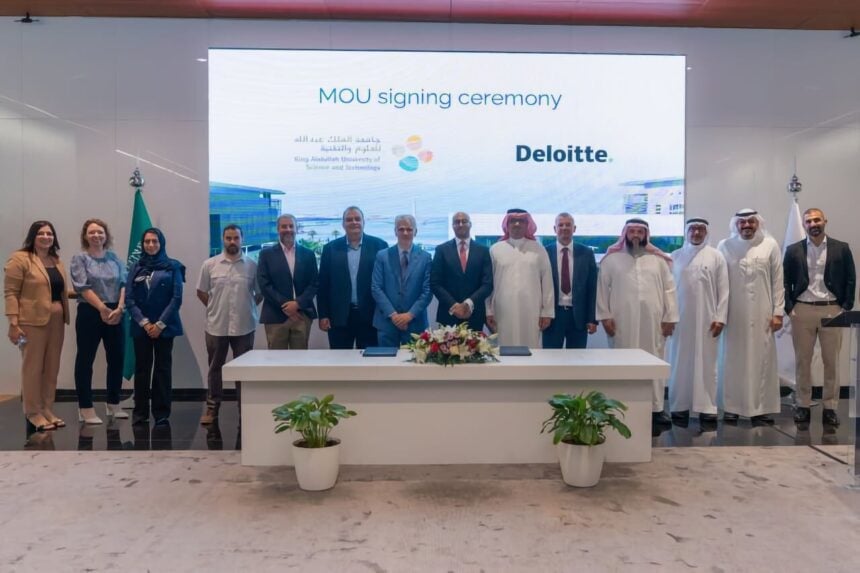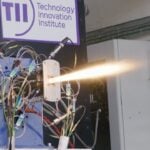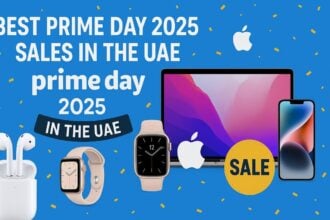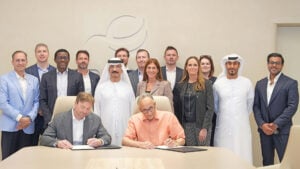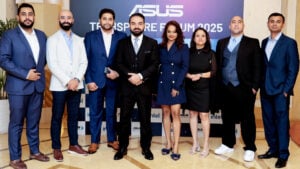Saudi Arabia wants AI that actually ships, not just whitepapers. Deloitte Middle East and King Abdullah University of Science and Technology (KAUST) have signed a Memorandum of Understanding to work on research, education and deployable AI projects aligned with Vision 2030. The plan covers knowledge transfer, talent programmes and policies to keep the tech responsible and useful. The target is simple: turn research into products and pilots across sectors that matter to the Kingdom.
What the partnership is about
A formal tie-up between Deloitte Middle East’s AI Institute and KAUST’s research ecosystem.
- Scope: research, education, industry pilots, knowledge transfer
- Mechanisms: joint seminars, lectures, workshops, internships, exchanges
- Commercial focus: bring new AI models and IP to market
- Guardrails: policy, ethics and governance baked in
In short, it’s a two-way street. KAUST brings deep science. Deloitte brings delivery, clients and go-to-market muscle. Together, they want AI that solves real problems, not just looks good in slide decks.
Why it matters for Vision 2030
Vision 2030 leans on tech, skills and diversification. This MoU supports all three.
- Local talent: lectures, workshops and internships to train the next wave
- Industry adoption: pilots that can scale beyond the lab
- Governance: policy work to keep systems safe and accountable
The collaboration aims to convert research into working systems in line with national priorities. It’s the difference between a promising paper and a service people actually use at a hospital, bank or port.
Context: Qualcomm’s AI agent roadmap and why edge AI matters for our region.
Where the first wins could land
The partners have flagged sectors where AI can make an immediate dent.
- Health: clinical decision support, imaging triage, operations
- Finance: risk models, fraud detection, service automation
- Energy: predictive maintenance, demand forecasting, safety
- Logistics: routing, capacity planning, port and warehouse ops
Expect benchmarking work to set best practices, plus a push to standardise deployment patterns so pilots don’t die after the demo phase. If these templates work, they can scale across the Kingdom and the wider region.
See how AI is changing performance analysis and decision-making in sport.
What each side brings
This isn’t starting from zero. Both have existing assets.
- KAUST: research capacity, faculty, labs and a track record in STEM
- Deloitte Middle East: the AI Institute model, client access, delivery frameworks
- Joint plan: seminars, conferences and knowledge-transfer programmes
The idea is to pair research depth with operational scale. Commercialising IP is on the agenda, which should push academic results into actual products and services.
Timelines and outlook
The MoU is signed in Jeddah on 6 October 2025. It’s a starting gun, not the finish line.
- Short term: talent initiatives, seminar series, pilot scoping
- Medium term: sector pilots, benchmarking, policy frameworks
- Long term: commercialised models and repeatable deployment playbooks
If the teams prioritise projects with clear ROI and measurable outcomes, we should see early pilots in health, finance, energy and logistics before the end of the first year, with learnings folded back into new cohorts and programmes.
What did Deloitte and KAUST actually sign?
A Memorandum of Understanding to collaborate on AI research, education and deployable solutions that align with Vision 2030 priorities.
Who is involved from Deloitte?
Deloitte Middle East via its AI Institute, leveraging global experience adapted for Saudi needs.
What will KAUST do?
Provide research expertise, labs, faculty engagement and talent pipelines, plus co-lead on responsible AI policy and governance.
Which industries are first in line?
Health, finance, energy and logistics are named as near-term targets for pilots and benchmarking.
Is there a talent component?
Yes. Lectures, workshops, internships and exchange opportunities are part of the collaboration to build local AI skills.

